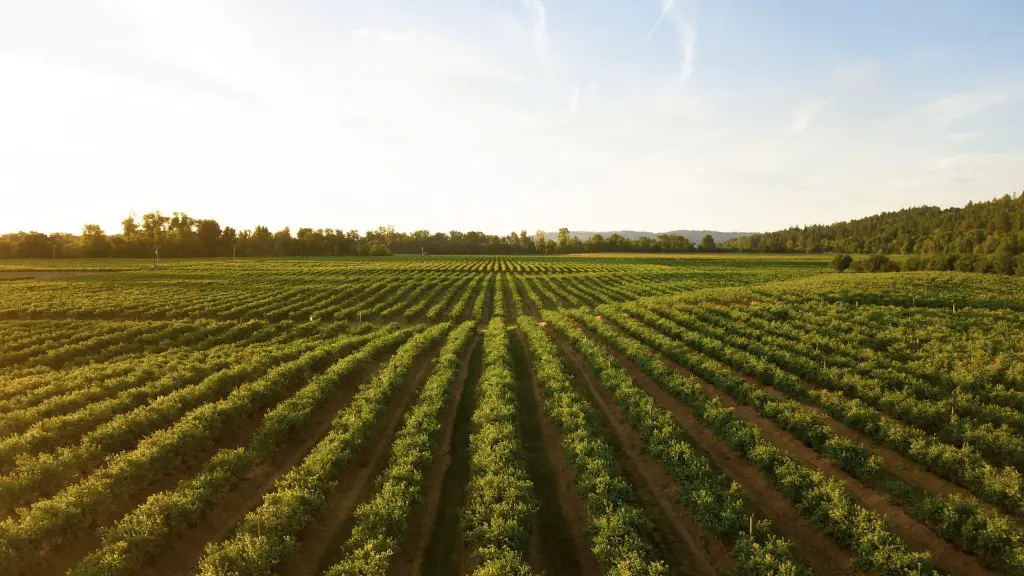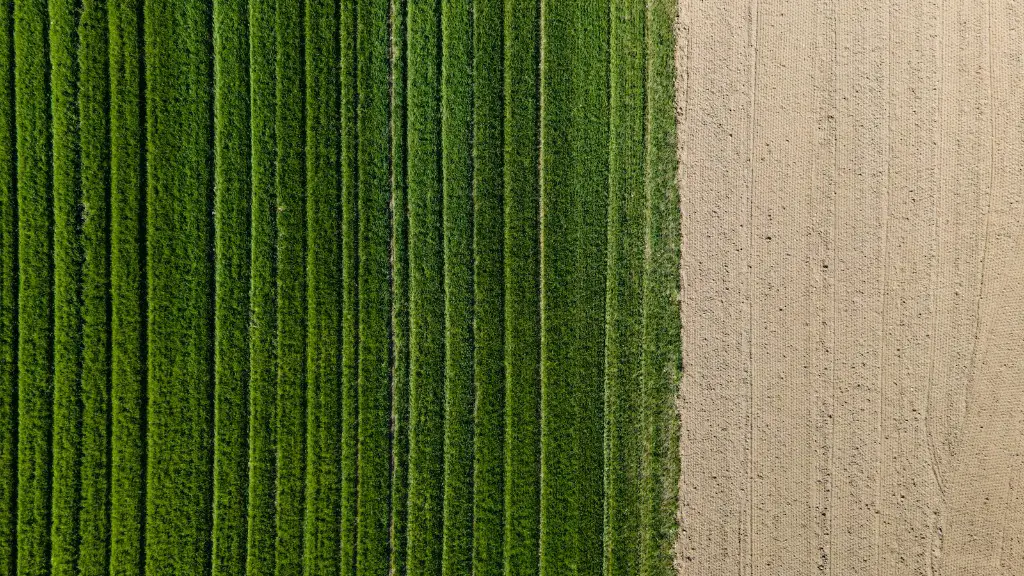Organic agriculture is an approach to farming aimed at reducing, or even eliminating, the use of synthetic fertilizers, pesticides, and other artificial treatments on crops and livestock. It also seeks to minimise reliance on imported inputs, such as commercial fertilisers, and to foster local, autonomous agricultural production units. Organic farming works in harmony with nature, maintaining ecosystem balance and relying on natural sources of fertility and pest control. It also minimises environmental pollution, soil erosion, and global warming, and preserves biological diversity in food production. Organic agriculture is, essentially, an ecologically sustainable, socially just, and economically viable form of farm management.
Biodiversity
Organic agriculture also seeks to promote and protect biodiversity by preserving local genetic resources, as well as crop and livestock breeds that are part of a country’s national heritage. This is achieved by practising crop rotation, maintaining genetic diversity, and including traditional local cereal varieties within commercial production. Organic farmers also will use polyculture, which is the use of multiple species planted together, such as intercropping, instead of monocultures, where one species is grown exclusively. Additionally, organic farmers may use traditional techniques, like companion planting and trap cropping, to ward off pests.
Sustainability
Organic agriculture is based on agro-ecological principles and is sustainable in nature. Organic farming works with nature, diversifying crops to increase yields, preserving fertility, improving soil health, and replenishing traditional seed stocks. By doing this, organic farmers are able to increase food security and reduce their reliance on imported inputs. Additionally, organic agriculture also includes sustainably managing water resources and prevents soil erosion, by rotating crops and implementing cover crops.
Social Impact
One of organic agriculture’s main social impacts is the empowerment of small-scale farmers. By restricting the use of synthetic chemicals and imported inputs, organic farmers are able to produce their own organic food and become self-s sustainable. This has allowed them to gain access to markets and receive a fair price for their products, prompting economic development in rural communities. Organic agriculture has also enabled farmers to pass down knowledge to their children, which is vital for preserving traditional food production methods.
Economic Benefits
Organic agriculture has numerous economic benefits, from fostering rural business initiatives to providing employment opportunities. Organic farmers get better prices for their produce, as there is a high demand for their produce due to health and nutrition benefits, and because organic products have to meet stringent production standards. Additionally, organic farming systems often have lower input costs than traditional methods, meaning farmers are able to save money. Furthermore, organic farming can also create new markets and attract tourists, as well as generate food security and self-sufficiency.
Consumer Benefits
Organic food products are highly sought after due to their health and nutrition benefits. People choose organic produce because it is free of synthetic pesticides and fertilisers, and because it is often fresher and tastes better than conventional food. Furthermore, organic produce is usually much more nutritious, as organic farmers use natural fertilisers which allow the soil to retain more nutrients. Additionally, organic food is more environmentally friendly, as organic farmers are not allowed to use synthetic chemicals or genetically-modified organisms, and they are strict about soil and water conservation.
Environmental Benefits
Organic farming has significant environmental benefits, from reducing pesticide run-off to conserving water. Organic farmers do not use synthetic fertilisers or pesticides, or genetically-modified organisms in their production systems. This minimises air and water pollution, as well as reducing soil damage, which increases soil fertility and helps prevent soil erosion. Furthermore, organic farmers often use techniques such as mulching and composting to increase crop productivity, and to decrease dependence on chemical fertilisers, as well as reducing their potential for water contamination.
Promotion & Regulation
Organic agriculture is regulated and promoted by International, European, and national organisations. These organisations are responsible for the implementation of the various organic standards. Additionally, they provide support to producers and help to ensure that organic products meet the requirements and regulations established by the various organic certifying bodies. Organic Agriculture Insititutes (OAI) are also involved in the promotion and implementation of organic standards, and they conduct research and provide training to farmers, producers, and policymakers.
Organic Labelling
Organic products must meet specific standards to be labelled as such. These standards are defined by each country and are recognised by the International Federation of Organic Agriculture Movements (IFOAM). Additionally, organic products must also have a traceability system that records their production, processing, distribution, and sale, as well as the information of the producer and the certification body. This ensures that organic products are traceable and authentic. Organic labelling ensures that consumers will receive the same quality and safety benefits from organic products all over the world.
Organic Certification & Accreditation
Organic certification is a process whereby a third-party certifier verifies that a farm or processing facility is in compliance with the organic standards. Certification is voluntary and is not required by law, but it is necessary in order to label products as ‘organic’. Certification involves an inspection of the farm and processing facility, as well as the management plan, and requires the producer to keep records of production and processing. After certification, the producer can use the organic label to market their products and attract customers.
Organic Food Production & Consumption
Organic farming practices are used to produce organic food, which is free of synthetic fertilisers and pesticides and produced in an environmentally sustainable and socially just way. Organic food is generally fresher and tastier, and is also higher in vitamins, minerals, and antioxidants. Furthermore, organic food is often sold at farmer’s markets and produced locally. Therefore, organic food consumption is a way to support local farmers, as well as promoting sustainability and protecting the environment.


